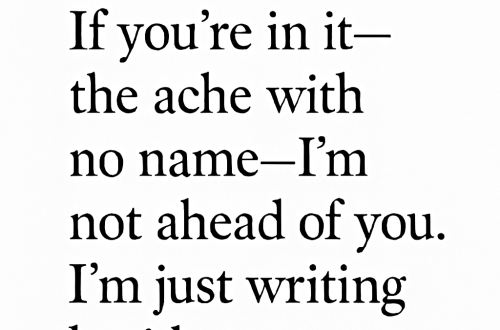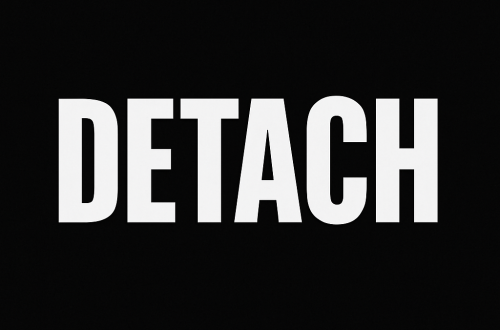Travel Reflections Krabi: Sea, Silence, and Moral Witness
During my last trip to Krabi and the surrounding islands, nothing felt new — the same travel-worn spaces, the same sun‑burnt chairs. My travel reflections Krabi often reveal this tension between expectation and reality. I signed up for the all-day snorkelling trip the way I always do: bathing suit under my shirt, solo, ready to let the ocean swallow me instead of the dull sameness of pools.
Three men sat nearby, their conversation initially annoying, then demanding a sharp look. I asked where they were from. One of them — the one who couldn’t stop staring — edged closer, near my foot. That space felt intimate in a way he hadn’t earned.
“Israel,” he said, his tone curled with pride. Later, when the current pulled and everything felt fragile, I asked about the war. He shrugged with thin, deflecting certainty: they’re doing it all right. No sorrow. No weight. He slept well while others were erased.
The sea that day held small, astonishing life. Fish darted; coral breathed. His shrug felt like an affront: how do people live so easily while others reduce to a date on a casualty list? Anger flared in me — I wanted to throw him into the sea, not to drown him, but to make his cruelty visible and shameful.
During the first week back, the anger hardened into ache. I carried it in every seething breath: rage at stories smothered by ordinary mornings, at complacency cushioning some while others fell through the cracks. These travel reflections Krabi keep returning to me. I don’t wish violence. I want accountability. I want a conscience that will not let us sleep so soundly while others lose everything.





